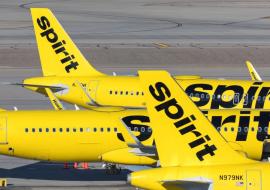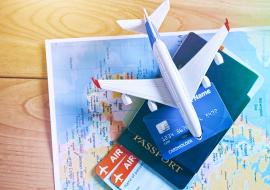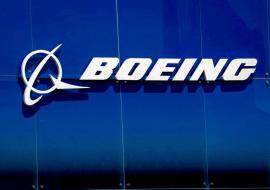Havana tradeshow closed with over $160 million worth of contracts
The 21st edition of the Havana International Fair –the island nation’s biggest annual tradeshow- rolled down the curtains last Sunday with as many as $160 million in contracts, the largest chunk of them inked with U.S. companies, official sources reportedly said.
The fair that got cracking last Nov. 2 had a turnout of 1,293 companies from 48 countries, including 700 foreign firms.
Despite the 40-plus-year-old U.S. embargo on Cuba, a grand total of 71 American farming and food-making companies got a chance to showcase their products on the communist island and cut deals for more than $50 million with a number of state-run enterprises.
Cuban company ALIMPORT –charged with the import of foodstuffs- informed the signing of some 70 contracts for over $163 million with companies from Argentina, Brazil, China, United States, New Zealand and Italy, among many other nations.
Out of that tally, the Cuba-based enterprise signed 43 contracts with U.S. companies. “This lays bare both the inconsistency and irrationality of the absurd U.S. blockade that Washington has imposed on Cuba since 1961,” Cuban vice president Carlos Lage noted during his visit to the international exhibit.
Havana has been buying U.S. foodstuffs on a regular basis since December 2001 by making use of an amendment to the U.S. Embargo Law passed in 2000 that allows the sale of food and medicine to Cuba. These purchases okayed by the U.S. Commerce and Treasury departments must be paid in cash.
Since the resumption of the trade flow between both nations, Cuba’s state-run ALIMPORT had bought $524 million worth of American goods until the opening of the 21st Havana International Fair a couple of weeks ago, official sources pointed out.
Last Friday night during the award-presentation ceremony at the Havana International Fair, Cuban President Fidel Castro stated, “the presence of all these firms here downplays the understatement that it is not possible to do business with Cuba because Cuba is not a serious dealer.”
This time around, the tradeshow was marked by Cuba’s bickering with the European Union (EU) over alleged human rights violations that prompted the European bloc to pass sanctions against the island nation last June that includes a cap on bilateral contacts and the denial of funds to bankroll events in Cuba.
However, European companies stationed on the island nation –they’re by far Cuba’s top trade partners and the number-one investors in the country- set up their stands and pavilions at the fairgrounds and inked several contracts.
President Castro thanked those entrepreneurs who attended the fair amid “huge pressures from both the EU and the U.S.,” and added his country will stick steadfastly to the policy of doing business with all of them in an effort to “prevent supply sources from hinging exclusively on one single purveyor.”
As we speak, there are some 360 joint ventures operating in 32 economic sectors of Cuba, especially in the fields of travel, biotechnology, foodstuffs and oil, said Cuba’s vice minister of Foreign Investment and Cooperation, Ernesto Senti, during a grand tour around the fair.














